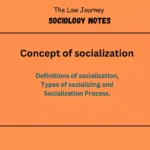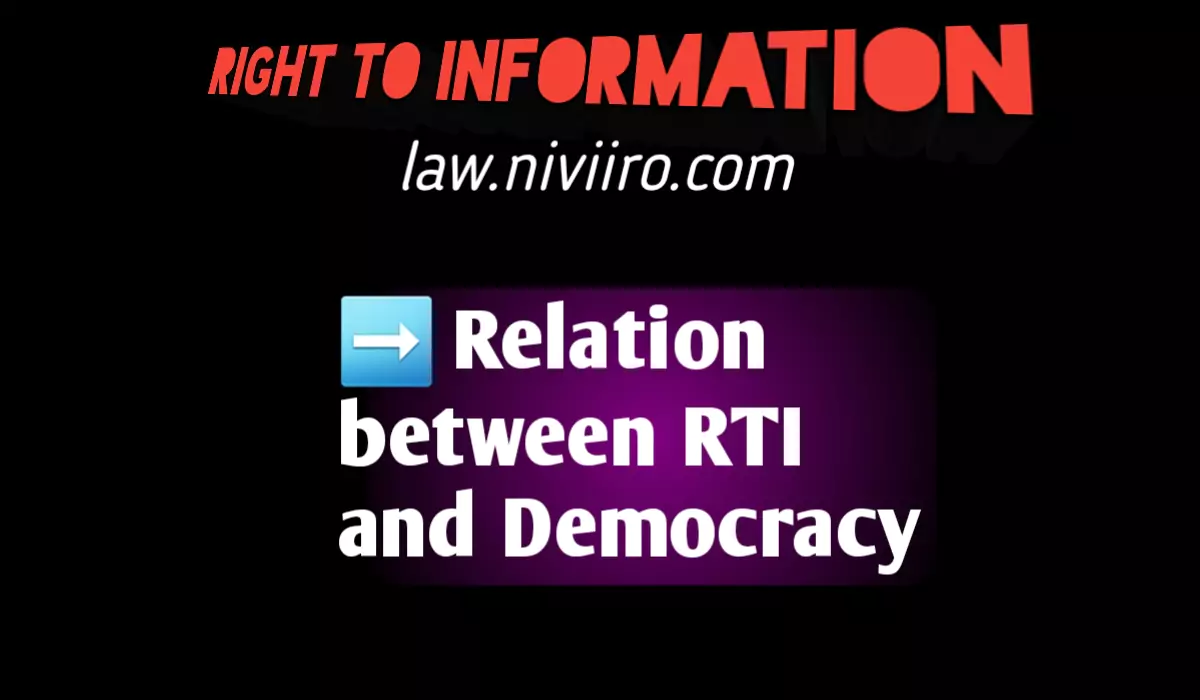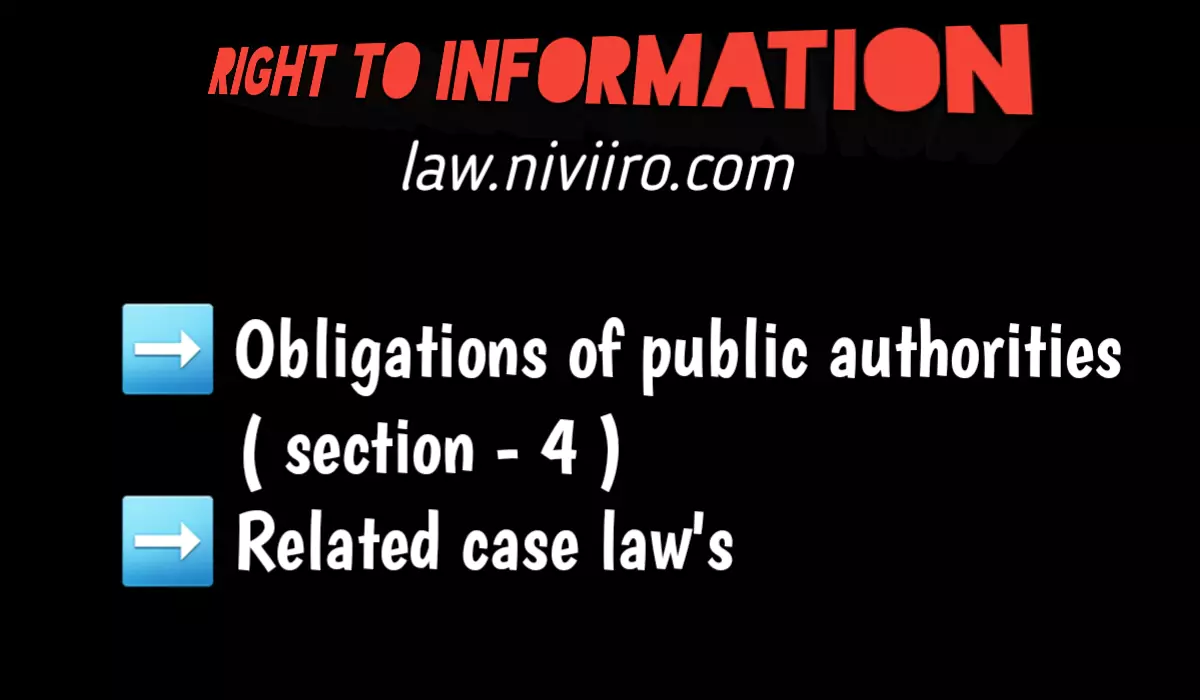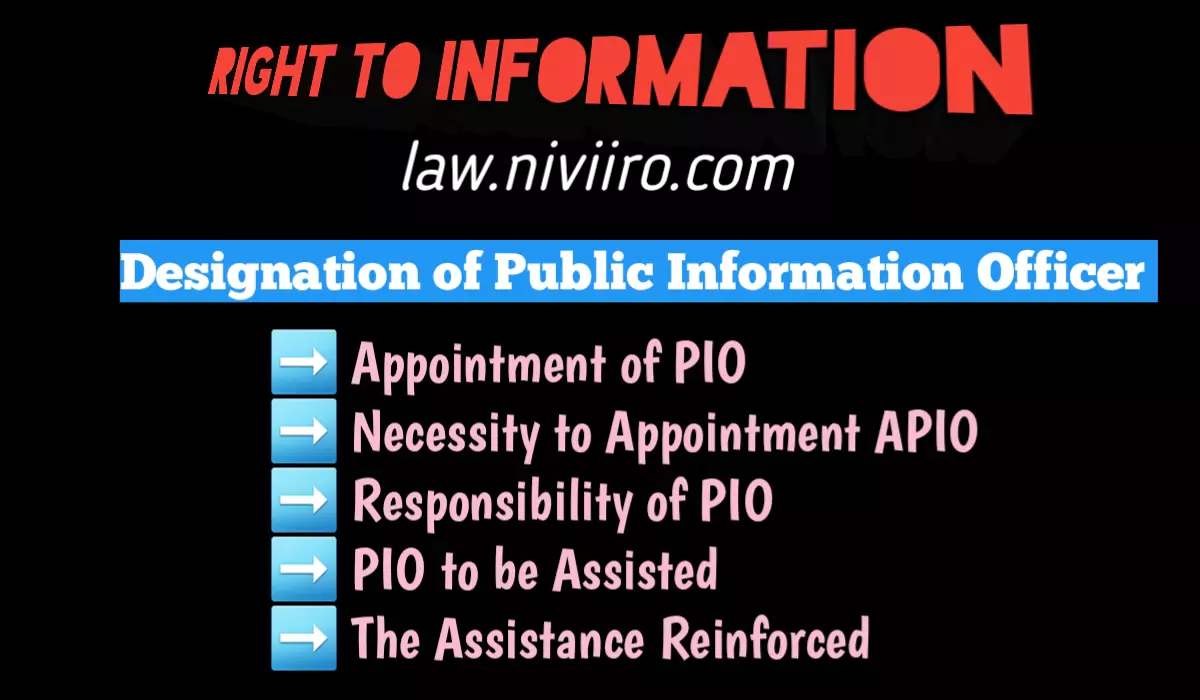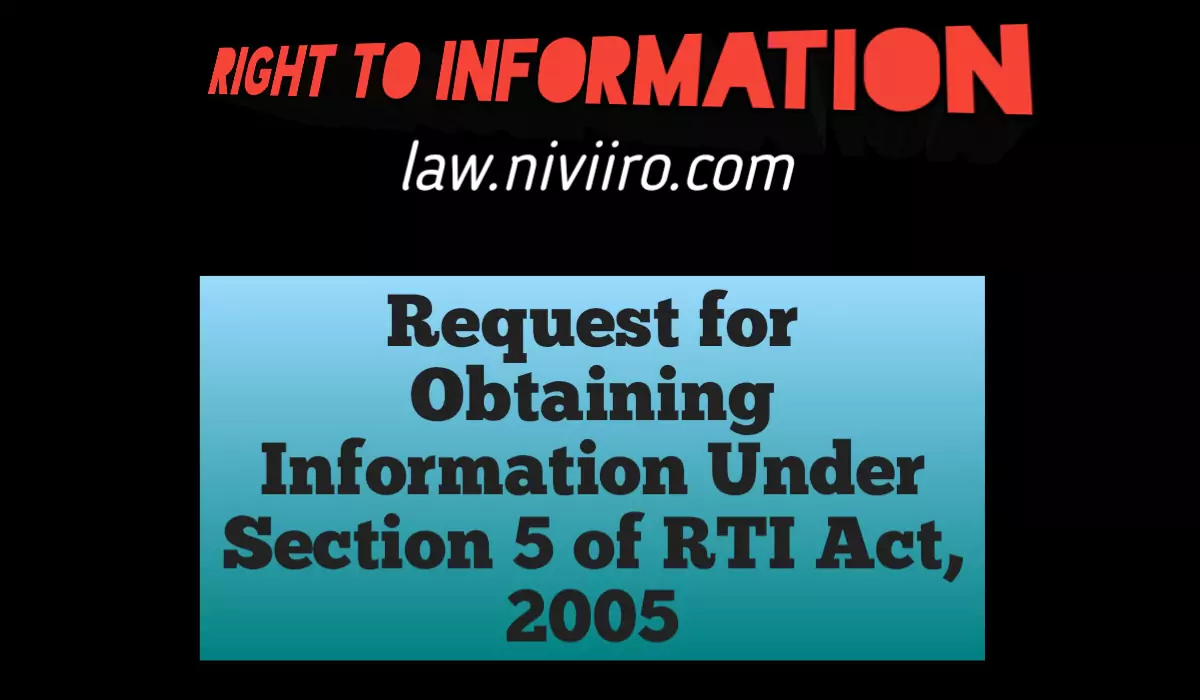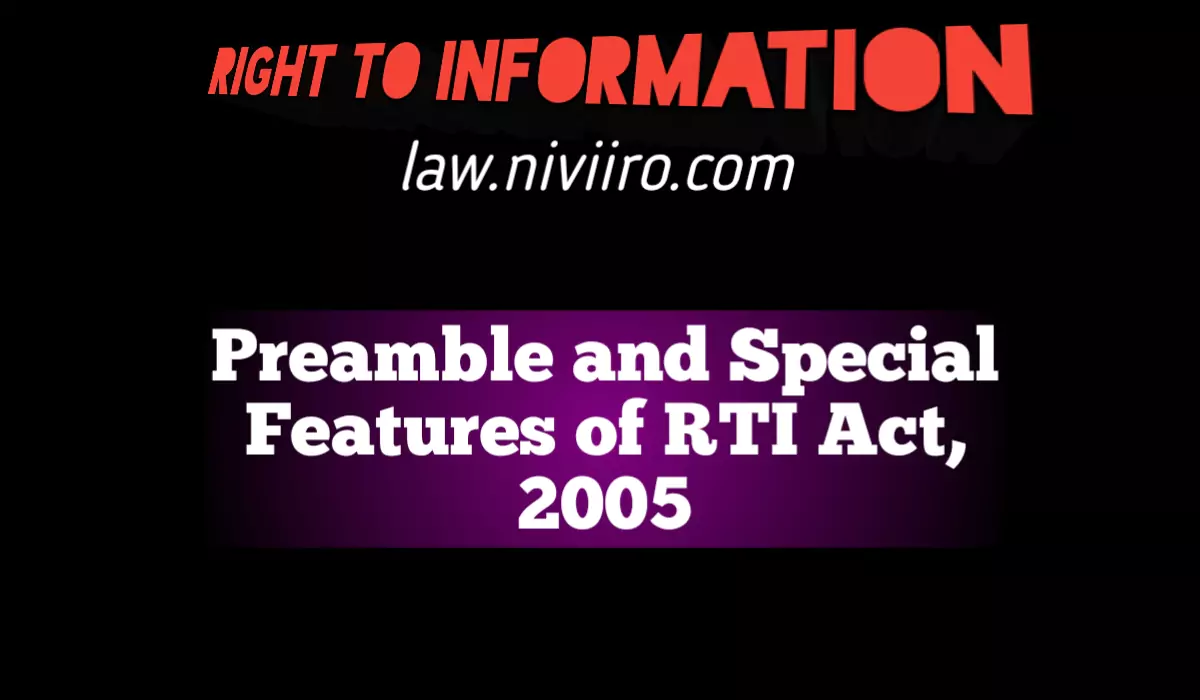Relation between RTI and democracy, RTI (Right to Information) is strongly intertwined to democracy. The right to information is a fundamental principle that promotes transparency and accountability in government operations. It guarantees citizens have access to the information they need to participate in the democratic process and hold the government responsible for its actions.
RTI is an important instrument for supporting democracy since it allows citizens to learn about the government’s decisions, policies, and operations. This enables citizens to make educated decisions and effectively engage in the democratic process. It also allows citizens to track the activities of the government, hold it accountable for its acts, and demand openness in decision-making processes.
Citizens’ access to information helps to guarantee that government officials and representatives stay accountable to the people they serve. It also aids in the prevention of corruption, abuse of authority, and violations of human rights, all of which are anathema to democratic principles.
Relation between RTI and democracy
Key Points :
(i) Participation
The RTI act gives people a chance to participate not just one in five year, but everyday and question any decisions. the RTI acts gives an opportunity to the common man to participate in governance and reduce the imbalance in power relationship, provide a tool to oppose injustice and allows collective spirit to make democracy work for everyone. RTI act also strengthen grassroots democracy & ensures people’s participation in local governance and development activities.
(ii) Accessibility
RTI makes it possible to easy access of information from government department, documents, records, services, finance and policies to all sector of community. The avail ability of information also helps to faster in development process and it is a symptom of true and mature democracy.
(iii) Transparency
It means that decisions taken and their enforcement are done in a manner that follows rules and regulations. it also means that information is freely available and directly accessible to those who will be affected by such decision and enforcement.
(iv) Accountability
The RTI act provides people with mechanism to access information, which they can use to hold the government accountable or to seek explanation is to why decision have been taken by whom and with what consequences or outcomes.
(v) Empowerment
With enactment of RTI act people can participate in decision making process and it enable the citizens to know about the government decisions. the RTI act act empowering people by removing innecessary secrecy surrounding in decision making process of the government.
(vi) Equality & Inclusiveness
The concept of equality and inclusiveness is a prominent features of good governance. the RTI also does not make any discrimination between rich and poor and it covers all the citizen in India with always comes forward to fight against in equality, injustice and inhuman activities.
Therefore, the right to information is an essential component of democracy, as it promotes transparency, accountability, and citizen participation in the democratic process.
Related Post | Relation between RTI and democracy
- Central Information Commission | Composition | Term | Removal
- State Information Commission | Composition | Term and service | Removal
- Third Party Information Under RTI Act, 2005
- Powers and functions of the Central Information Commission and State Information Commission
- Preamble and Special Features of RTI Act, 2005
References | Relation between RTI and democracy
- The RTI Story: Power to the People by Aruna Roy, 2018
- Right To Information Law & Practice by R. K. Verma, 2010
- Right to Information by K. B. Rai, 2020
- Commentary on The Right to Information Act by J. N. Barowalia, 2010













